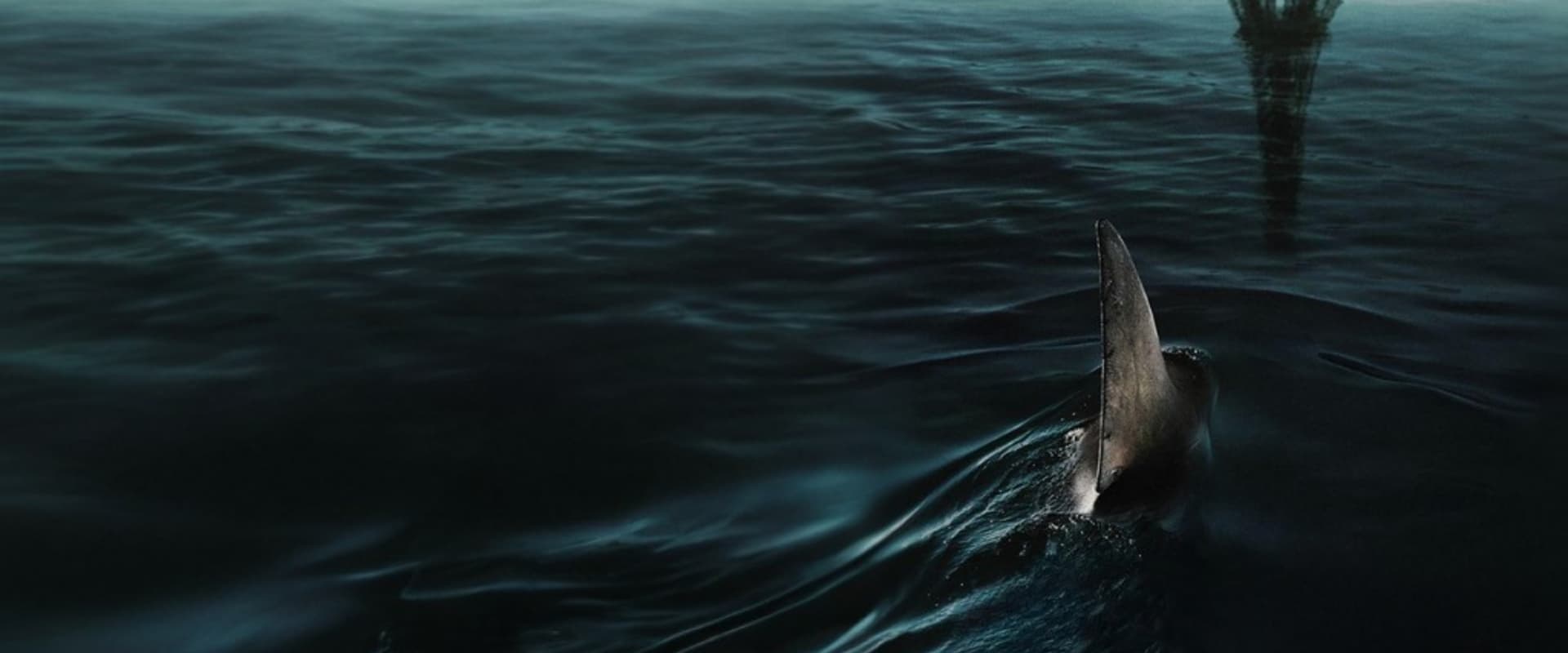There’s a certain kind of preemptive relief that washes over you when you enter a theater (or, as the streaming era mandates, your living room) already anticipating disaster, and then discover the film in question is just—well, not quite as calamitous as you’d braced yourself for. “Under Paris,” Xavier Gens’s new entry in the ever-indestructible shark-ploitation genre, is that rare specimen: a movie aiming squarely for the gutter, yet content to wallow in the predictable muck of mediocrity rather than launching itself into the fireworks of glorious failure. Reader, I was steeled for a catastrophe; I got something amusingly, frustratingly in-between—a B-movie so determined to be ‘meh’ that it wound up swimming in place.
Let’s get the “high concept” out of the way, since the film certainly does: monster shark invades the Seine, Parisian Olympics at stake, chaos and carnage ensue. Bérénice Bejo, gifted with more gravity than the screenplay deserves, is Sophia Assalas—the marine biologist with a textbook tragic past (husband chomped by an unusually intelligent mako named Lilith). Three years later, Sophia is called back to action when fresh-blooded disaster circles la Ville Lumière. The premise, in its lunatic audacity, promises a delirious plunge into absurdity: Jaws in the City of Light! Yet what is offered here isn’t so much high camp or low suspense as filler for a Netflix queue, a shark movie that itself is afraid of getting wet.
Gens, who once splattered the screen with errant body parts in “Frontier(s),” here seems unsure if he’s making unflinching disaster pulp or an Isaac Asimov–adjacent eco-parable. What we get is a hesitant blend of both, shot through with just enough chaotic CGI gnashing to keep you from dozing off, but never enough coherence or self-awareness to let you ease into the guilty pleasures of cinematic schlock.
What stymies “Under Paris” from sinking its teeth is the ludicrousness of the narrative, presented without the energy to raise an eyebrow. The plot motors along on a steadily leaking raft of contrivances and half-explained panic. Our heroine oscillates between icy competence and self-destructive idiocy, apparently motivated by nothing deeper than the next setup for disaster. When she—former ocean conservationist and supposed voice of reason—plunges headlong into shark-infested Paris, I wondered if we weren’t meant to root for the fish. There’s a moment when a crusading environmentalist teen (played earnestly by Léa Léviant) wants to “talk to the sharks,” and the movie asks us to invest in her childlike optimism, only to toss her into the chum bucket like yesterday’s meme.
The supporting cast is, in theory, international and diverse—a cop here, a hacker there, an underwritten mayor somewhere on the continuum of mustache-twirling incompetence. But Gens and his committee of writers (was anyone in charge?) treat these characters with the solemnity you bestow on Monopoly tokens: shuffled around, lost under the couch, noticed only when the game pauses long enough to require a human sacrifice. If Bejo’s Sophia is the best of the lot, it isn’t saying much—she threads a modicum of credibility through a script that abandons consistency for the next explosion. Her chemistry with Nassim Lyes’s police diver, Adil, is the closest thing to genuine emotion: brief, flickering, ultimately drowned in digital shark attacks and the hollow roar of a CGI tsunami.
What’s left, then, is the choreography of chaos—sharks gliding through the metro, explosions flinging bodies across the digital Seine, triathletes consumed by mutant offspring while Parisian politicians squabble on TV. But Gens doesn’t construct suspense; he ticks off disaster-movie milestones like they’re on a corporate checklist. You want a tense build-up, some bloody fun, or even a wink to the audience? Instead, you get a plot so threadbare you can see the shark’s dorsal fin poking through.
There are glimmers—a guilty chuckle when the Seine floods in a “tsunami” of detritus and backstory, or when the end credits ominously chart Lilith’s rise (next stop: London, New York, Bangkok, Venice, Tokyo—shark franchises, after all, are indestructible). In those moments, the film seems aware, however dimly, of its own absurdity. Yet even then, it’s as if Gens (whose best trick is orchestrating mayhem) is double-parked: not quite trashy enough for late-night infamy, too tepid for true suspense. The final act, promising Parisian apocalypse, is pure pandemonium—a pile-up so predictable that even monster-movie enthusiasts might long for the disciplined suspense of Spielberg or even the gleeful vulgarity of “Sharknado.”
A word must be said about the film’s environmentalist pretensions: tossed in with all the subtlety of a bag of plastic in the ocean, abandoned just as hastily when there’s a massacre to be staged. “Under Paris” flirts with meaning—a warning about pollution, man’s arrogance—but refuses to commit, shying away from any sense of seriousness or emotional charge. It’s hard to believe the earth is in peril when every character is just a meal for the next digital predator.
Is it possible, then, that Netflix has finally engineered the perfect ambient disaster movie—just scary enough to justify half your attention, just silly enough that you can scroll through your phone without missing anything important? I watched “Under Paris” with dwindling hopes for horror, and found myself settling for accidental comedy. There are no cathartic shrieks, only a quiet sigh of relief when, at last, the credits surface.
If the likes of “Jaws” and “Deep Blue Sea” are cinematic great whites, “Under Paris” is a rubbery minnow biting your ankle as you paddle through your streaming options. It doesn’t sink so far as to be infamous, nor does it rise to the surface of memorable schlock. There may be an audience here for shameless carnage, and perhaps a momentary dazzle of Parisian destruction. As for me, I’ll keep my shark obsession dry until Hollywood circles back with something a little more ferocious—or at least willing to let the blood and the fun flow.
Let this one remain submerged. I promise, you won’t miss it.


